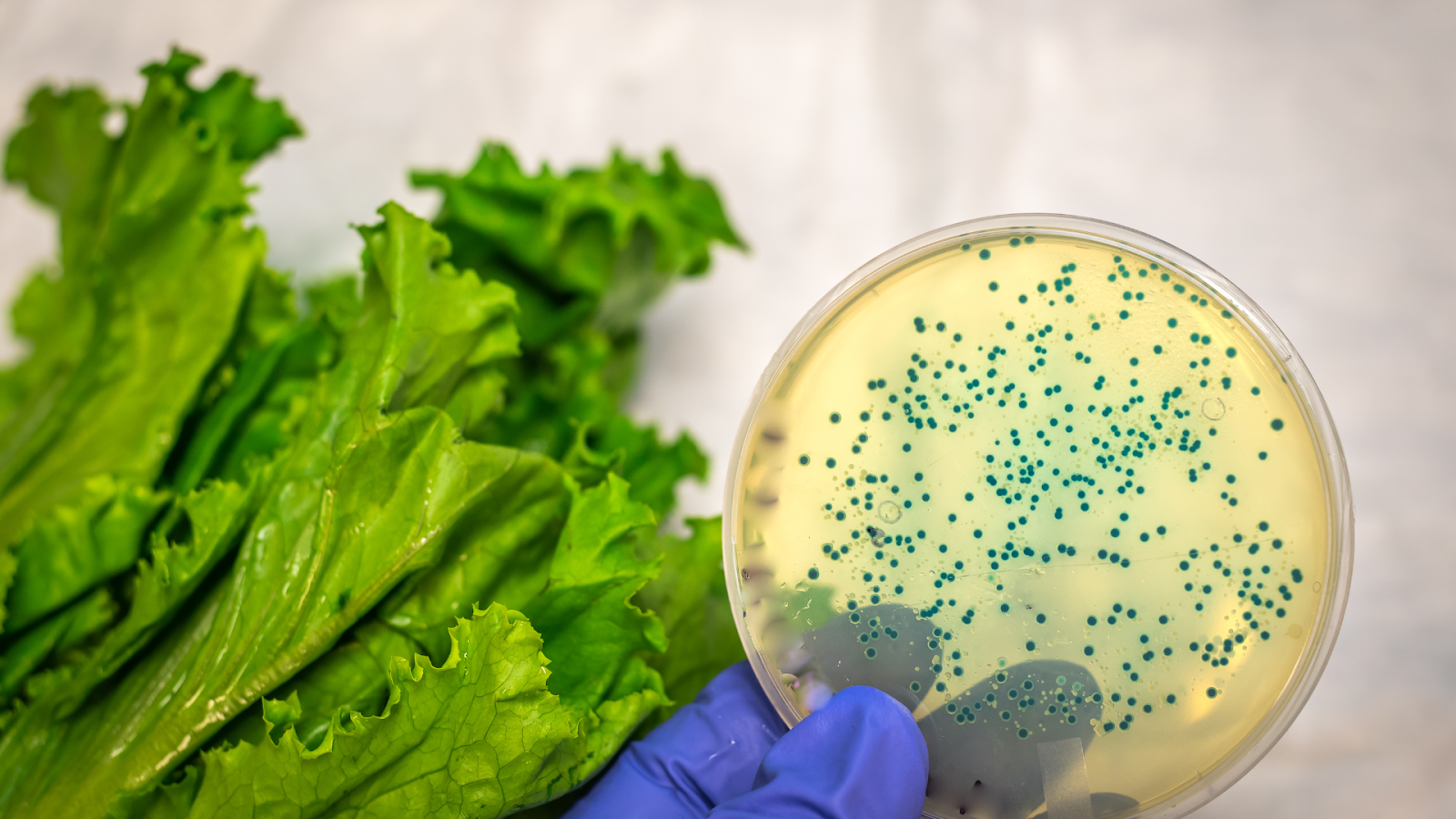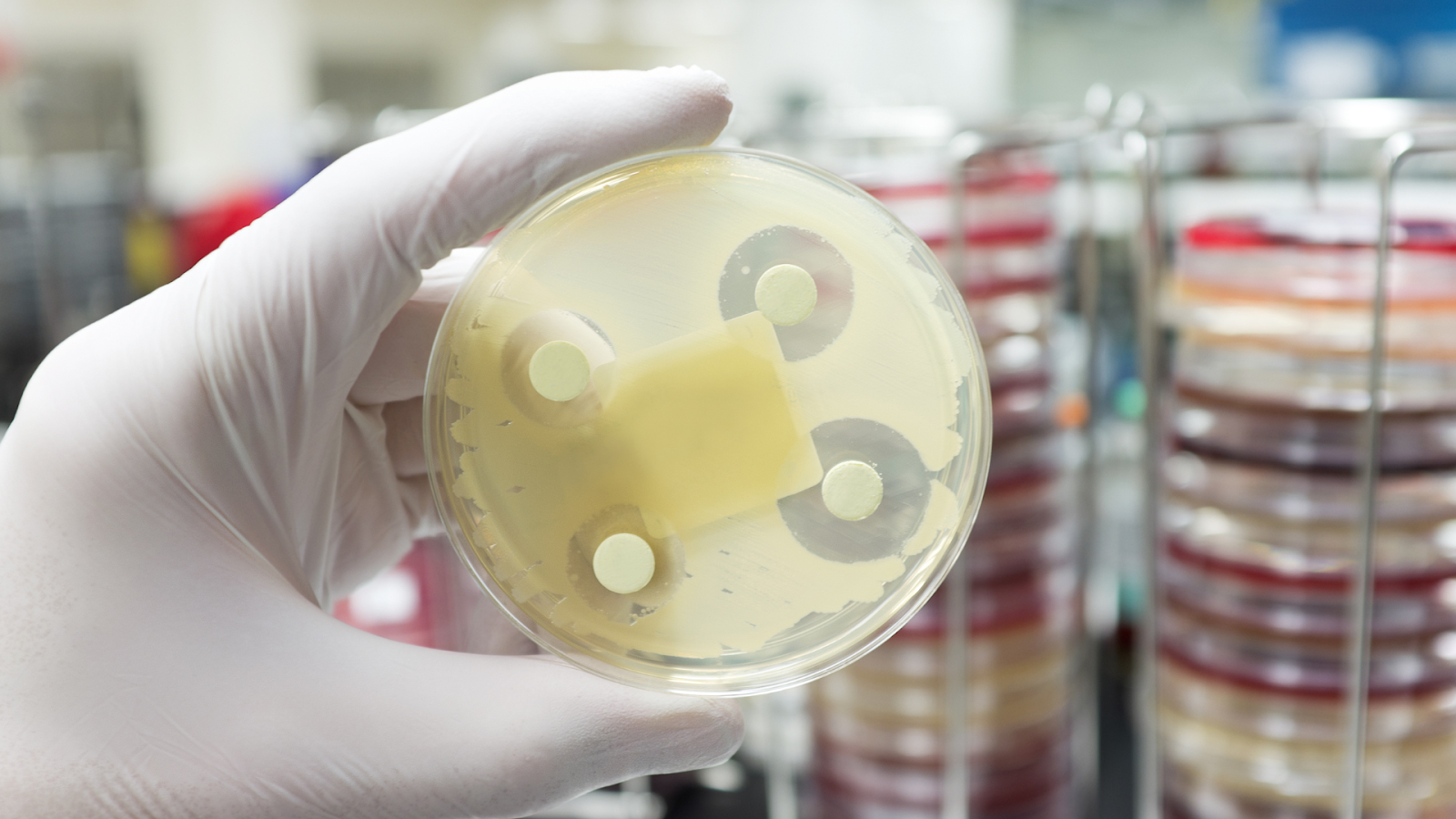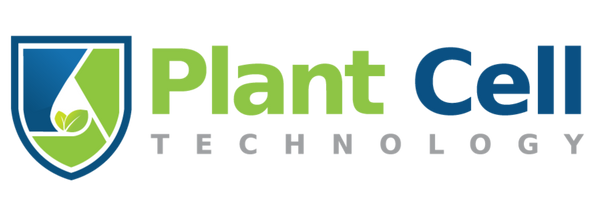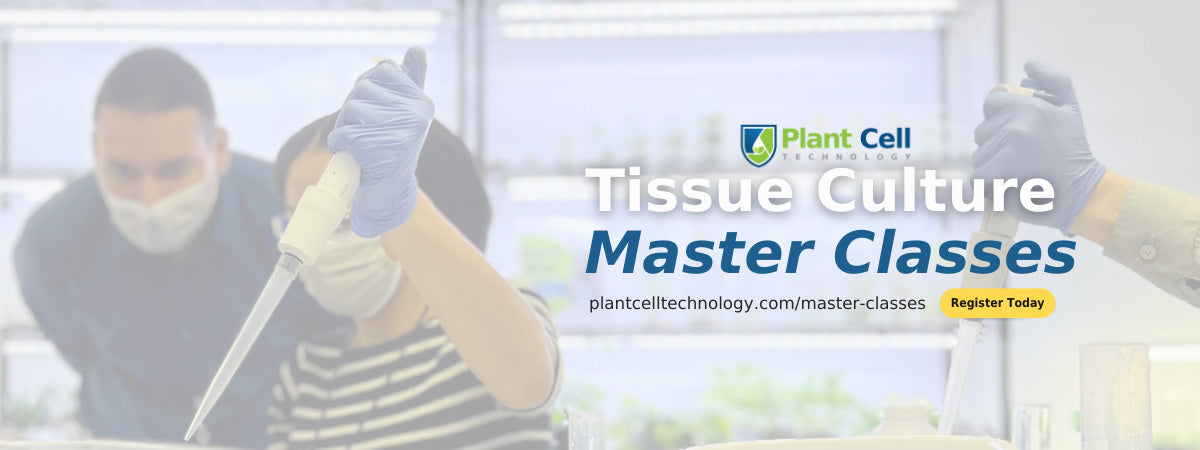
5 Reasons Why PPM™ Is Better Than Antibiotics In Eliminating Contamination
As a content and community manager, I leverage my expertise in plant biotechnology, passion for tissue culture, and writing skills to create compelling articles, simplifying intricate scientific concepts, and address your inquiries. As a dedicated science communicator, I strive to spark curiosity and foster a love for science in my audience.


Introduction
“You’re doing that wrong!”
Last week, I reconnected with some of my friends who work in the lab. And, needless to say, for their research projects they have to perform an array of experiments.
While chatting about work, one of my friends mentioned her tissue culture plants dying due to some bacterial contamination. And, she was trying antibiotics to protect her cultures. And, when she mentioned antibiotics, I had to tell her that she is doing wrong!
Now you must say that antibiotics are quite commonly used in labs to fight contamination. However, do you know it’s not a good practice? Antibiotics negatively affect the growth of cultures in so many ways!

And, like my friend, I know your next question would be “if not antibiotics then what?”
USE the Plant Preservative Mixture (PPM™). The product is specially curated to eliminate contamination from cultures, tested in labs by many scientists (you can find available research papers over the internet), and used by many growers and culturists for their tissue culture operations.
I am not saying this to pull you into buying the product. I am saying this because the product is really worth using for your tissue culture operations.
Why?
This article will answer that question! It tells you five top reasons why PPM™ is better than antibiotics and how it can save your culture.
5 Reasons: PPM™is Better Than Antibiotics
Let me introduce you to PPM™ first: PPM is a broad-spectrum formulation for tissue culture applications to eliminate all kinds of contamination. Whether it’s airborne, waterborne, through media, equipment, or your hands, it can fight all types of contaminants. It has been found effective in eliminating even endophytes and fungal spores.

Now, let’s understand why we and many other culturists call it better than antibiotics!
1. Broad-Spectrum Formulation To Eliminate All Kinds of Contamination
Unlike antibiotics, PPM™is a robust broad-spectrum formulation for eliminating contamination from plant tissue culture. Antibiotics can only eliminate bacterial contaminants from the cultures, but PPM™can remove a wide range of contaminations, whether bacterial, fungal, or mold contamination.
2. Cause no changes in the genetics of plants
While working on tissue culture experiments, or introducing plants to tissue culture, the primary thing that we want to ensure is to maintain the genetics of the plants. And, in no case do we want any chemical we use in the process to disturb the DNA codes of the plants, which can lead to phenotypic (or appearance) changes and characteristics differences. Sometimes, some genetic mutations can overall disturb the yield of the plants too!
So, who will want to use such kind of chemical? Right!
Then, why are you using antibiotics?
Because it has been found that antibiotics can alter the genetics of your precious tissue culture plants. And, no such case has been found with PPM™. It only works against contaminants without touching a single genetic code of your plants.
3. No impact on the growth of the tissue culture plants
PPM™ can neither promote nor repress the growth of your tissue culture plants, It’s solely designed to work against a wide range of microorganisms and it’s focused on its work. No studies have so far claimed about PPM™ disturbs the growth of plants. However, many studies have found its effectiveness in fighting contamination.
On the contrary, antibiotics have been found to disturb the characteristics of the plants and impact the growth of tissue culture plants negatively.

4. PPM™is a sustainable and environmentally friendly product
Antibiotics are synthetic products, either derived from organisms or developed in labs. However, PPM is natural and derived from plant extracts, making it environmentally friendly and sustainable.
Furthermore, using antibiotics in plant tissue culture can also result in the presence of antibiotic residues in the final product, posing a health and food safety risk. There’s no such issue while using PPM in your TC operations.
5. PPM can be autoclaved with media
Well, you may not find it a significant advantage, however, PPM being autoclavable makes it easier for culturists to prepare a completely sterilized media. You can easily mix it in your tissue culture media and autoclave. It neither gets degraded at high temperatures, as its heat-stable, nor it reacts with any chemical components of the tissue culture media.
One additional advantage is that you only require 1-2 ml PPM per liter of media, which makes it more affordable compared to antibiotics.
Not Just PPM™, Plant Cell Technology Is A one Stop Shop For All Your Tissue Culture Requirements!

Plant Cell Technology is helping tissue culturists worldwide by providing unique and world-class products and services that smoothen their process. The PCT Store has MS media, agar, gellan gum, Plant Preservative Mixture (PPM™), culture vessels, Biocoupler™, and masks in its store to facilitate your processes.
And, that’s not it! Plant Cell Technology also offers consultation services to culturists of all sizes that help to get instant solutions to your tissue culture problems.
You can either book a one-on-one consultation call or a physical visit to your lab. We help you at every step of the tissue culture process, ranging from establishing a tissue culture lab to preventing contamination problems or any specific challenges in your process.
Further, in the coming month, we are conducting a range of Master Classes for tissue culture enthusiasts like you. The class offers you the great opportunity to directly learn from the experts in the area, who have 10-30+ years of experience.
So, visit plantcelltechnology.com today and learn more about our products and services and how they help you excel in your tissue culture processes.
Happy Culturing!
Blog Categories
View by Level
Popular Blogs

The Technical Intersection of Tissue Culture and Genome Editing
Introduction The ability to modify a plant's genetic code has progressed at a remarkable rate. With the advent of CRISPR-based...
Read More
The Science of Better Multiplication and Rooting in Tissue Culture
Every tissue culture hobbyist or professional eventually hits a plateau. You have a protocol that works, you have your medium...
Read MoreSubscribe to Our Newsletter
1 comment
Hello,
Interested in your product PPM for plant culture. Can you please give us more information.
Regards
Ndah Patrick








Join the conversation
Your email address will not be published. Required fields are marked